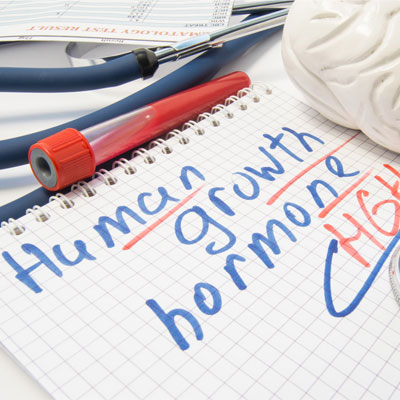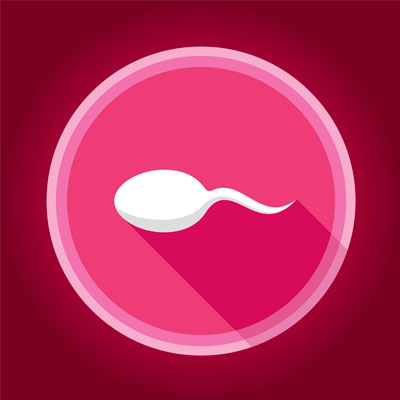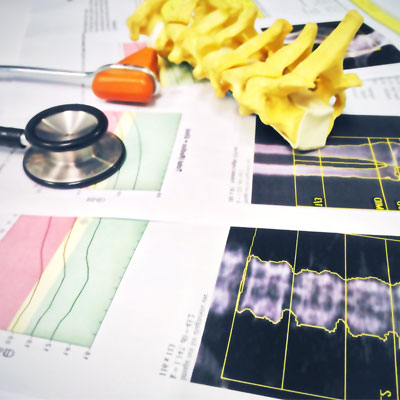
Although HGH is critical in the process of a child growing normally into an adult, it still plays a vital role throughout our lives. HGH is vital to almost every metabolic process your body requires.

Although HGH is critical in the process of a child growing normally into an adult, it still plays a vital role throughout our lives. HGH is vital to almost every metabolic process your body requires.



When you hear the term “hormone replacement therapy” (HRT), most people think of women and how HRT is traditionally used as a treatment for the symptoms of menopause. However, men also lose critical hormones as they age, and men too can benefit from hormone replacement therapies. In fact, men go through a very similar condition as menopause, known as “andropause.”
Generally speaking, using testosterone to treat age-related testosterone deficiency does not increase a patient’s risk of developing cardiovascular disease.
The is a lot of confusion and controversy surrounding the use of testosterone replacement and the risk of a cardiovascular incident such as a stroke or heart attack.





Metabolic syndrome is on the rise in the United States. Metabolic syndrome is described as a series of medical problems that together increase your risk of heart disease, stroke, and type 2 diabetes. These conditions include increased blood pressure, high blood sugar, excess body fat around the waist, and abnormal cholesterol or triglyceride levels.
Just because you have one or more of these health issues does not necessarily mean that you have metabolic syndrome. However, doctors agree that having even just one of them increases your chances of developing cardiovascular disease. Having three or more of these factors will warrant a diagnosis of “metabolic syndrome,” and it will significantly increase your risk of additional health issues.
Medical research has found that men with low testosterone are at a much greater risk of developing metabolic syndrome than men who have more normal testosterone levels.
Contact Us